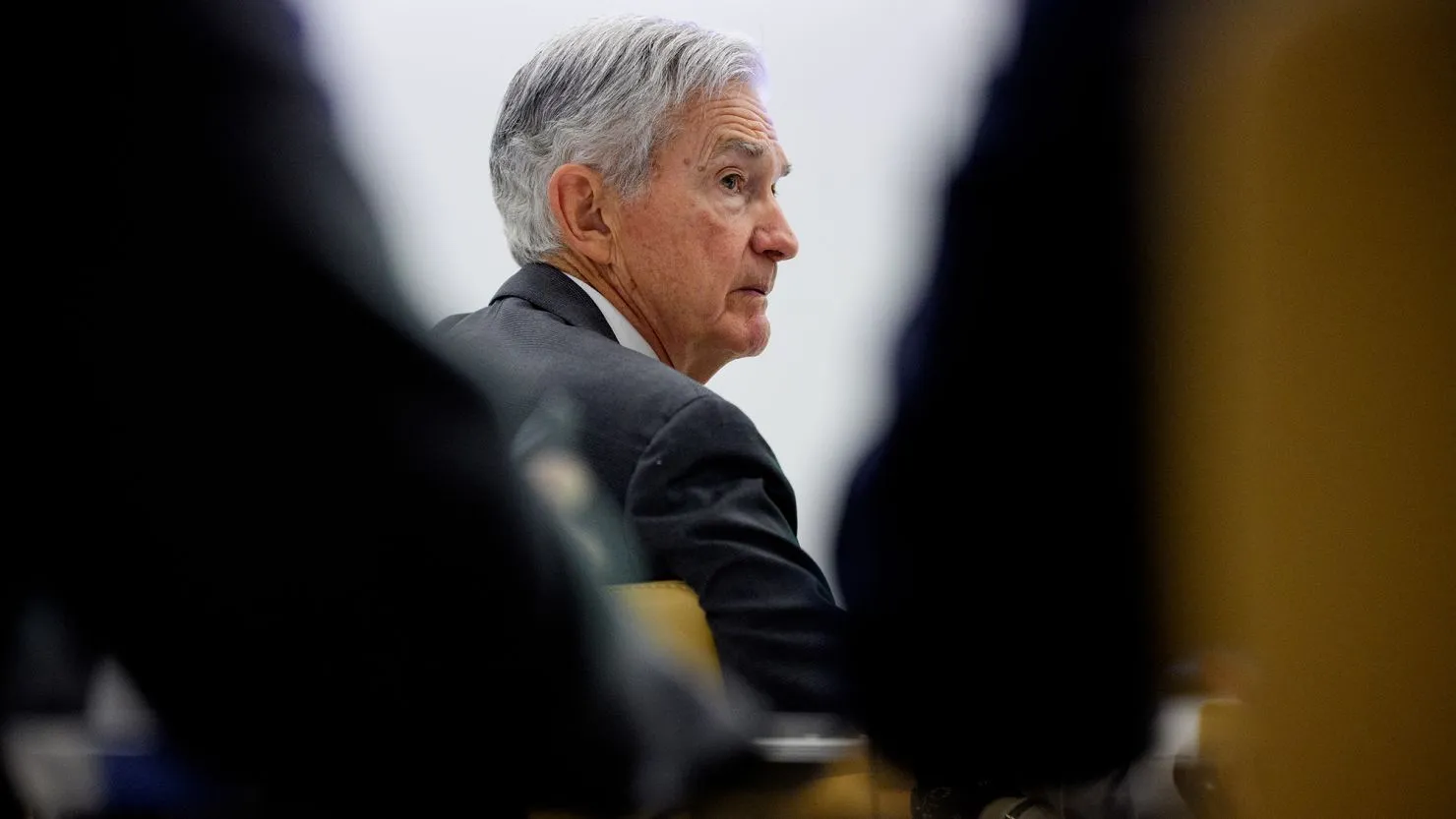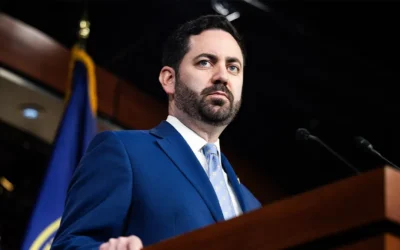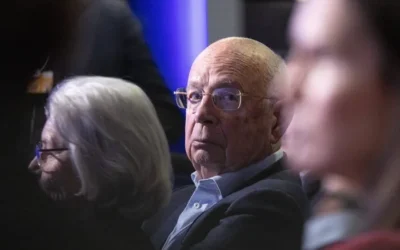Introduction
In recent weeks, the pressure on Federal Reserve Chairman Jerome Powell has intensified. Prominent economist Mohamed El-Erian has taken a bold stance, suggesting that Powell should resign to preserve the independence and integrity of the Federal Reserve. With rising inflation and mounting economic challenges, El-Erian’s call has garnered attention amidst an increasingly anxious marketplace.
The Context of Concern
The Federal Reserve plays a critical role in the U.S. economy, influencing monetary policy, interest rates, and inflation control. Over the past few years, Powell has navigated a tumultuous economic landscape, particularly in the aftermath of the COVID-19 pandemic. However, the current economic environment, characterized by inflationary pressures and shifting consumer behaviors, has raised questions about the Fed’s trajectory under Powell’s leadership.
Mohamed El-Erian’s Perspective
Mohamed El-Erian, the former CEO of PIMCO and currently a chief economic advisor at Allianz, has long been respected for his insightful analyses of global economic conditions. El-Erian’s assertion that Powell should resign is not merely a personal critique but a strategic recommendation aimed at ensuring the Fed’s independence remains intact.
El-Erian argues that Powell’s continuance may implicate the Fed in political maneuvers, which could undermine its credibility as an independent institution designed to manage monetary policy without external influences. In an environment already rife with speculation and political discourse around economic policy, the risks of perceived bias or compromised leadership raise legitimate concerns about the Fed’s ability to effectively navigate current economic challenges.
The Role of Independence
Independence is foundational for central banks worldwide, allowing monetary policy to be insulated from political pressures. For the Federal Reserve, this means making decisions based on economic data and forecasts rather than being swayed by electoral cycles or decisions influenced by political leaders. El-Erian’s call for a change in leadership emphasizes the importance of maintaining this independence if the Federal Reserve is to be effective in fulfilling its mandate.
Political independence protects the Fed from short-term political calculations that may jeopardize long-term economic stability. When central banks become entangled in political concerns, it can lead to compromised decision-making, diminishing their effectiveness. El-Erian believes that the current trajectory under Powell risks such entanglement, particularly as inflation continues to challenge the average American.
The Anxiety in Financial Markets
Financial markets have reacted with growing anxiety as inflation fears escalate and interest rates fluctuate. The Fed’s response—or lack thereof—to inflation has become a topic of heated debate among investors, economic analysts, and policymakers alike.
Market analysts are closely scrutinizing the Fed’s decisions regarding interest rate adjustments, as any misstep could have far-reaching implications not only for the U.S. economy but also for global markets. The uncertainty surrounding interest rate trajectories has led to increased volatility in stock prices, widening credit spreads, and a cautious approach among investors.
As inflation rates rise and consumer purchasing power shows signs of weakening, the desire for decisive and effective monetary policy intensifies. Powell’s leadership has come into question as some remain skeptical of his responses to these pressing challenges, thus exacerbating market unease.
The Debate Over Policy Effectiveness
Critics often challenge the Federal Reserve’s approach to managing economic downturns and recovering from crises. Powell’s tenure has included unprecedented measures, including low-interest rates and expansive monetary policies. Such measures, while effective in supporting the economy during the pandemic, are increasingly scrutinized as inflation signals continue to intensify.
El-Erian argues that continued overreliance on such policies may not be sustainable. As inflation pressures persist, the Fed may find itself trapped in a cycle of reactive responses rather than proactive policy adjustments. This has invited calls for a leadership change, as economic stability remains paramount in the eyes of many economists and analysts.
Historical Precedents
Historically, central banks have seen leadership changes in times of economic turbulence to signal a fresh approach and reconnect with their mandates. The resignation or departure of a Federal Reserve chairman has often been positioned as a necessary step in response to perceived policy failures or external pressures.
Dayton Bank offers a notable example where leadership overhaul helped to restore confidence in a central bank’s ability to stabilize the economy. The Fed under Powell has a unique set of challenges, and while change may deliver new energy and confidence, it can also disrupt continuity in policy guidance.
The Road Ahead
As calls for Powell’s resignation become more pronounced, the implications for the Federal Reserve, financial markets, and the broader economy warrant careful consideration. The appointment of a new chairman would undoubtedly shape the Fed’s focus and tactics in addressing monetary policy vis-à-vis inflation control and fostering economic growth.
Going forward, the questions surrounding the Fed’s direction remain critical. Will Powell step down, or will he continue his term with renewed vigor and a commitment to revitalizing the Fed’s credibility? And if leadership changes occur, who would credibly step in to restore confidence in the Fed’s mission?
Conclusion
The debate surrounding Jerome Powell’s leadership is emblematic of broader economic concerns that affect everyday Americans. With inflation continuing to rise, the urgency for effective and independent policymaking within the Federal Reserve has never been clearer.
El-Erian’s call for Powell to resign highlights the precarious balance between ensuring the Fed’s independence and responding to the growing economic challenges faced by the national and global economies. As anxiety builds within markets, one cannot overlook the role of strong leadership in charting the course forward.
In the coming months, the economic landscape is likely to evolve, bringing new challenges and opportunities. The response of the Federal Reserve—both in terms of policy direction and leadership integrity—will play a pivotal role in determining how well the economy weathers the storm of inflation and uncertainty.







